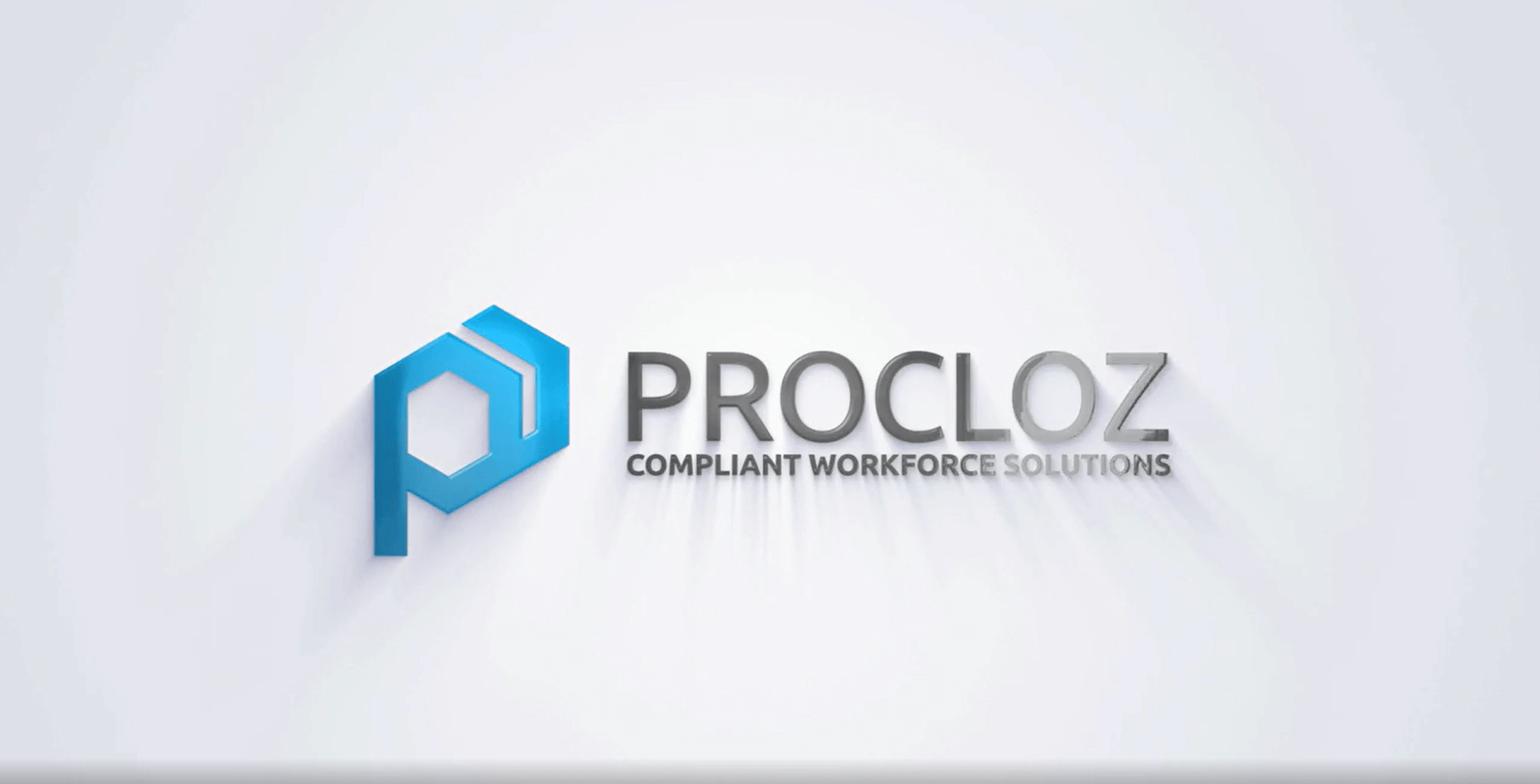When you issue a paycheck to your employees, it’s not just them benefiting from the transaction. It’s necessary to withhold payroll taxes from the employee’s wages and remit them to the appropriate authorities, ensuring payroll tax compliance. For certain payroll taxes, it’s necessary to match what employees contribute. However, it’s crucial to note that not all payroll taxes are the same. But who’s responsible for these taxes – the employer, the employee, or both? Let’s find out more, starting from the basics of what is payroll tax, the expenses involved, the examples, and much more!
What is Payroll Tax?
Payroll tax is a mandatory levy imposed by governments on the wages and salaries paid by employers to their employees, playing a crucial role in Workforce Management. In simple words, a payroll tax is a form of tax cut off from an employee’s paycheck.
Different payroll taxes are managed in various ways: some are subtracted from the employee’s pay, some are handled by the employer, and others are split evenly. Governments use these payroll taxes to fund diverse public programs, such as Social Security, Medicare, and unemployment benefits. Local governments often use these taxes for specific needs such as public transportation or infrastructure repairs. Some programs supported by payroll taxes aim to guarantee individuals a living wage after retirement.
Now that you know what is payroll tax all about, let’s dive in to know more.
Who Pays Payroll Taxes?
In short, the answer to this question is that both employers and employees contribute to payroll taxes on wages, tips, and income. However, the intricacy lies in the details: certain payroll taxes are shared between employers and employees, while others are not.
Shared Payroll Taxes
Shared payroll taxes, specifically FICA taxes, involve equal contributions from both employers and employees. These mandatory payroll taxes in the U.S. encompass Social Security and Medicare taxes, serving as “insurance” to assist specific groups in the country.
Social Security helps
- retired adults,
- individuals with disabilities, and
- eligible spouses, children, or survivors.
Meanwhile, Medicare is a health insurance program for those
- aged 65 or older,
- those with qualifying disabilities under 65, and
- individuals with end-stage renal disease.
FICA Taxes
FICA (Federal Insurance Contributions Act) mandates that both employers and employees must contribute to the Medicare and Social Security programs. For the Social Security component of FICA taxes, the IRS sets a limit, requiring a 12.4% deduction from employee earnings. Employers cover half of this amount (6.2%), while employees are responsible for the remaining half.
Social Security
Social Security taxes are a joint responsibility of employers and employees. Employers deduct Social Security taxes from employee wages and contribute an equal amount.
The flat rate for Social Security tax is 12.4%, with the employer and employee each responsible for 6.2%. This means you pay 6.2%, and the remaining 6.2% is withheld from employee wages.
It’s important to note that not all wages are subject to Social Security tax due to the Social Security wage base. Once an employee’s earnings reach the annual wage base, set at $168,600 for 2024, stop withholding (and matching) Social Security for that employee.
Medicare
Medicare tax is a joint responsibility for both employers and employees. Similar to Social Security, you are required to deduct Medicare from employee wages and match the employee’s contribution. The Medicare tax rate is 2.9%, divided equally between the employee and employer. The employer withholds 1.45% of employee wages and matches it with a 1.45% contribution.
While there isn’t a wage base for regular Medicare taxes, it’s important to be aware of an additional Medicare tax of 0.9%, which is solely the responsibility of the employee. Employers are obligated to withhold the additional tax from employees’ wages once they surpass the $200,000 threshold.
Employer Payroll Taxes
Employees and employers don’t share a joint responsibility for all payroll taxes, emphasizing the need for HR support. Some are exclusively borne by employers. The following payroll taxes fall under the sole responsibility of employers:
- Self-employment taxes
- Federal unemployment tax
- State unemployment tax
Self-Employment Taxes
Self-employment taxes are obligatory for self-employed individuals. Since there’s no employer to withhold FICA taxes from their earnings, self-employed individuals utilize self-employment taxes as a means to submit their Social Security and Medicare taxes.
The self-employment tax rate stands at 15.3%, with 12.4% for Social Security taxes and the remaining 2.9% covering Medicare.
Self-employed individuals need to monitor both the Social Security wage base and the additional Medicare tax, as these remain consistent with those applicable to employees.
Federal Unemployment Tax
Federal Unemployment Tax Act (FUTA) is an unemployment tax imposed on employers. The federal government relies on FUTA taxes to fund unemployment compensation for workers facing job loss.
The FUTA rate stands at 6%, applying to the initial $7,000 paid to an employee annually, known as the FUTA wage base. Consequently, the maximum FUTA amount per employee is $420 ($7,000 X 0.06). If payments surpass this, an excess has been paid.
Most employers qualify for a FUTA tax credit of up to 5.4%. However, businesses in credit reduction states experience a decrease in the FUTA tax credit amount.
State Unemployment Tax
The State Unemployment Tax (SUTA) finances unemployment programs, helping employees who involuntarily lose their jobs (playing a crucial role in financial management). Although unemployment taxes are generally employer-specific, a few exceptions exist. In Alaska, New Jersey, and Pennsylvania, employers are required to withhold money from employee wages.
SUTA tax is a percentage of employee wages, that varies across states. It goes by different names, such as State Unemployment Insurance (SUI) in California and Reemployment Tax in Florida.
Employee Payroll Taxes
Certain payroll taxes are the sole responsibility of the employees, such as federal, state, and local income taxes.
Federal Income Tax
Federal income tax is an employee-exclusive tax that must be deducted from their wages. It doesn’t have a fixed rate; instead, the withholding depends on factors like
- pay frequency,
- filing status,
- annual income, and
- the details provided in Form W-4.
State Income Tax
The majority of states impose a state income tax, making it likely that you will need to withhold state income tax from employee wages. Certain states use a flat rate for the income tax and others, use tax brackets to determine the applicable rate for employees.
Local Income Tax
Local income taxes play a role in financing community enhancement initiatives and educational projects. These taxes are applicable only in states with a state income tax, although not all states with state income tax implement local income taxes.
Local income tax rates differ among municipalities and may fall into several categories:
- Flat Tax Rate: A uniform rate applied across all income levels.
- Progressive Tax Rate: The tax rate rises with employee income.
- Flat Dollar Amount: All employees contribute the same fixed dollar amount, irrespective of their annual income.
It is essential to consult local regulations to ensure accurate withholding of the appropriate local income tax amount from employee wages.
The Takeaway
Now that you’ve got the lowdown on what is payroll tax and who handles which taxes, it’s like figuring out a teamwork routine. Employers do a lot of the heavy lifting – juggling withholding and matching contributions. Meanwhile, employees see a bit of their pay taken for Social Security, Medicare, and other taxes. It’s a tag team effort to keep things running smoothly and fund important programs. So, employers and employees, each playing their part, make sure the financial gears of society keep turning.
With Procloz’s global payroll services, managing your payroll taxes gets easier than ever. Learn more about our services and book a demo now to see us in action!














